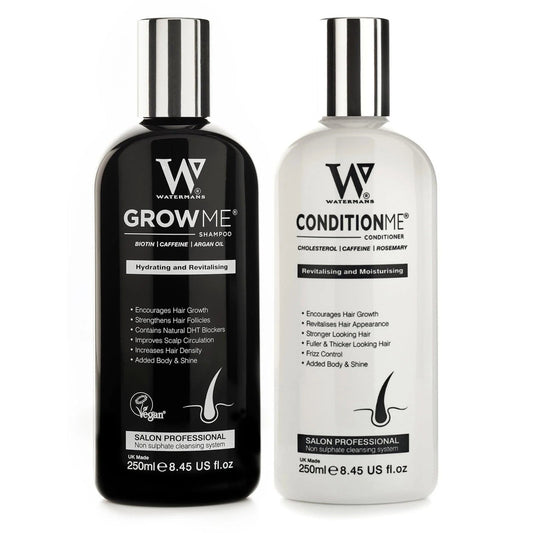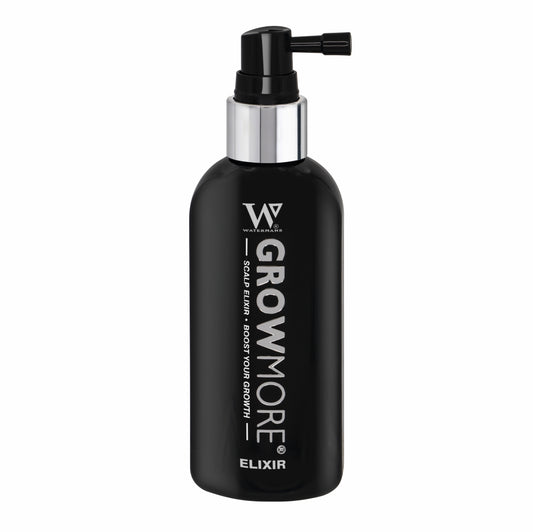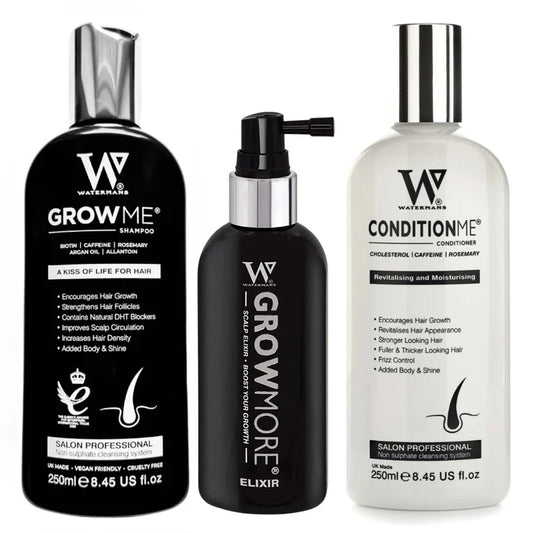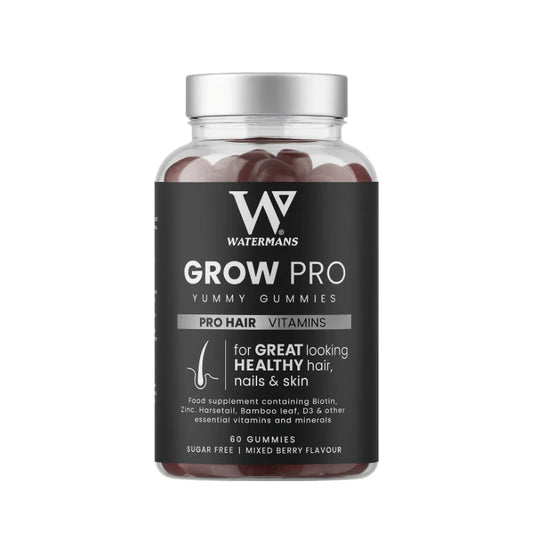Unlocking Health: The Hidden Dangers of Folate Deficiency and How to Combat It
Share

Folate Deficiency: Unlocking Health – The Hidden Dangers and How to Combat It
Folate deficiency is an often overlooked health issue that impacts millions of people worldwide. It plays an essential role in many bodily functions, especially in supporting hair health and preventing hair loss. Understanding what folate deficiency really means, its hidden dangers, and practical ways to combat it can help restore not just your overall health but also the vitality of your hair.
What is Folate Deficiency?
Folate, also known as vitamin B9, is a water-soluble vitamin crucial for DNA synthesis, cell growth, and repair. Folate deficiency occurs when your body doesn’t get enough folate from diet or supplements. This shortage can disrupt many body systems, including your blood, neurological function, and your scalp’s ability to support healthy hair.
Unlike some vitamins stored in the body, folate needs to be consumed regularly through foods or supplements to maintain optimal levels.
Why Folate is Important for Hair Health
Your hair follicles rapidly divide cells to grow hair strands, and this process requires folate. Adequate folate helps in:
- DNA Production in Hair Follicles: Folate is vital for creating new cells, including those making up hair strands.
- Promoting Healthy Red Blood Cells: Red blood cells carry oxygen and nutrients to hair follicles, encouraging hair growth.
- Supporting Scalp Circulation: Folate helps maintain healthy blood vessels ensuring the scalp receives adequate nutrients.
- Preventing Hair Loss: Deficiency may lead to thinning hair or premature hair loss by hampering new hair growth.
Hidden Dangers of Folate Deficiency
Folate deficiency doesn’t always display obvious symptoms at first, making it a ‘hidden’ health danger. However, some risks are too serious to ignore.
1. Hair Loss and Thinning
Poor folate levels affect new cell growth in hair follicles, leading to thin, fragile hair and eventual hair loss.
2. Fatigue and Weakness
Because folate aids red blood cell production, deficiency can cause anemia, resulting in fatigue and weakness which can stunt your daily activity levels.
3. Neurological Issues
Long-term deficiency may cause nerve damage, numbness, or mental fog, impacting your quality of life.
4. Pregnancy Complications
Folate insufficiency during pregnancy increases risk of neural tube defects in newborns, emphasizing the importance of adequate folate in expectant mothers.
5. Poor Wound Healing
Since folate supports cell regeneration, deficiency can slow healing of wounds, infections, or scalp irritations affecting hair follicles.
Signs and Symptoms of Folate Deficiency
Recognizing symptoms early can help address folate deficiency before it worsens.
- Pale skin
- Fatigue or weakness
- Shortness of breath
- Irritability or mood changes
- Difficulty concentrating or memory problems
- Glossy or red tongue
- Weight loss
- Hair loss or thinning patches
- Poor scalp health, dryness, or itchiness
Causes of Folate Deficiency
Several factors might lead to folate deficiency:
- Inadequate Dietary Intake: Not eating enough folate-rich foods like leafy greens, legumes, and fortified grains.
- Certain Medications: Some drugs (e.g., anticonvulsants, methotrexate) affect folate absorption.
- Malabsorption Disorders: Conditions like celiac disease or Crohn’s disease impair nutrient absorption.
- Increased Need: Pregnancy, breastfeeding, or some illnesses increase folate requirements.
- Excessive Alcohol Use: Alcohol interferes with folate absorption and storage.
- Genetic Factors: Some people have genetic mutations affecting folate metabolism.
Folate-Rich Foods: Best Natural Sources
Incorporating folate-rich foods into your diet can prevent or reverse deficiency:
- Spinach and kale
- Broccoli
- Brussels sprouts
- Asparagus
- Avocado
- Beans and lentils
- Peas
- Oranges and orange juice
- Fortified cereals and bread
How to Combat Folate Deficiency Effectively
1. Increase Dietary Folate Intake
Regularly consume a variety of folate-rich foods to maintain healthy levels.
2. Consider Supplements if Needed
Folate supplements or prenatal vitamins may be recommended for some individuals, especially pregnant women.
3. Manage Underlying Medical Conditions
Treat malabsorption issues or consider medication adjustments if causing deficiency.
4. Avoid Alcohol and Smoking
These habits impair folate absorption and increase depletion risk.
5. Support Hair Health Alongside Folate
For those concerned about hair loss, supporting scalp health is key. Try using Watermans Grow Me Shampoo – a natural, non-medical shampoo specially formulated with biotin, rosemary, caffeine, niacinamide, argan oil, allantoin, and lupin protein. It energizes the scalp and volumizes hair from the roots, perfect for combating hair thinning linked to nutritional deficiencies like folate shortfalls.
The Connection Between Folate Deficiency and Hair Loss
Hair follicles depend on sufficient folate to divide and grow new hair cells. When folate is low, the hair growth cycle slows down, hair weakens, and shedding increases over time. Combining folate level correction with topical solutions like Watermans Grow Me Shampoo can make a significant difference.
Tips for Healthy Hair Growth Beyond Folate
- Eat a balanced diet rich in vitamins (A, C, D, E, biotin) and minerals (iron, zinc).
- Avoid harsh chemical treatments and hairstyles that pull hair tightly.
- Stay hydrated and reduce stress.
- Massage your scalp to encourage blood flow.
- Use gentle hair care products such as Watermans Grow Me Shampoo.
FAQs About Folate Deficiency and Hair Loss
Q1: How quickly can folate deficiency cause hair loss?
A: Hair loss due to folate deficiency can occur gradually over weeks to months, depending on severity.
Q2: Can taking folate supplements stop hair loss immediately?
A: Supplements help but hair growth cycles take time, so improvements may appear after several weeks.
Q3: Is it safe to use Watermans Grow Me Shampoo with other hair treatments?
A: Yes, it’s natural and gentle, suitable to combine with other hair care routines.
Q4: Can folate deficiency be diagnosed with a blood test?
A: Yes, blood tests measuring serum folate and red blood cell folate can confirm deficiency.
Q5: Is folate deficiency common among vegetarians or vegans?
A: It can be if they don’t consume enough folate-rich plant foods or fortified products.
Q6: Does folate help with other forms of hair loss like alopecia?
A: Folate supports overall hair health but alopecia often requires additional medical treatments.
Q7: How can pregnant women prevent folate deficiency?
A: Prenatal vitamins with folic acid and folate-rich diets are essential during pregnancy.
Q8: Can low folate cause scalp dryness?
A: Indirectly, folate deficiency affects skin regeneration, potentially affecting scalp health.
Q9: Is it possible to have too much folate?
A: Excessive folate intake from supplements can mask vitamin B12 deficiency symptoms, so supplementation should be monitored.
Q10: How does caffeine in Watermans Grow Me Shampoo help hair growth?
A: Caffeine stimulates hair follicles, promotes blood circulation, and may prevent premature hair loss.
Did You Know?
- Folate was first isolated from spinach leaves and named after ‘folium,’ Latin for leaf.
- A deficient folate level can lead to ‘megaloblastic anemia’ where red blood cells are larger than normal.
- Folate needs rise dramatically during pregnancy to reduce risks of birth defects.
- Folate works closely with vitamin B12; deficiency in one often affects the other.
- Besides hair loss, folate deficiency may contribute to depression and cognitive decline.
Keeping folate levels in check is a vital part of maintaining your health and the vitality of your hair. When dealing with hair loss, consider a combination approach: boost your folate intake naturally through foods or supplements and treat your scalp with natural, effective products like Watermans Grow Me Shampoo to bring back full, thick, healthy hair.



